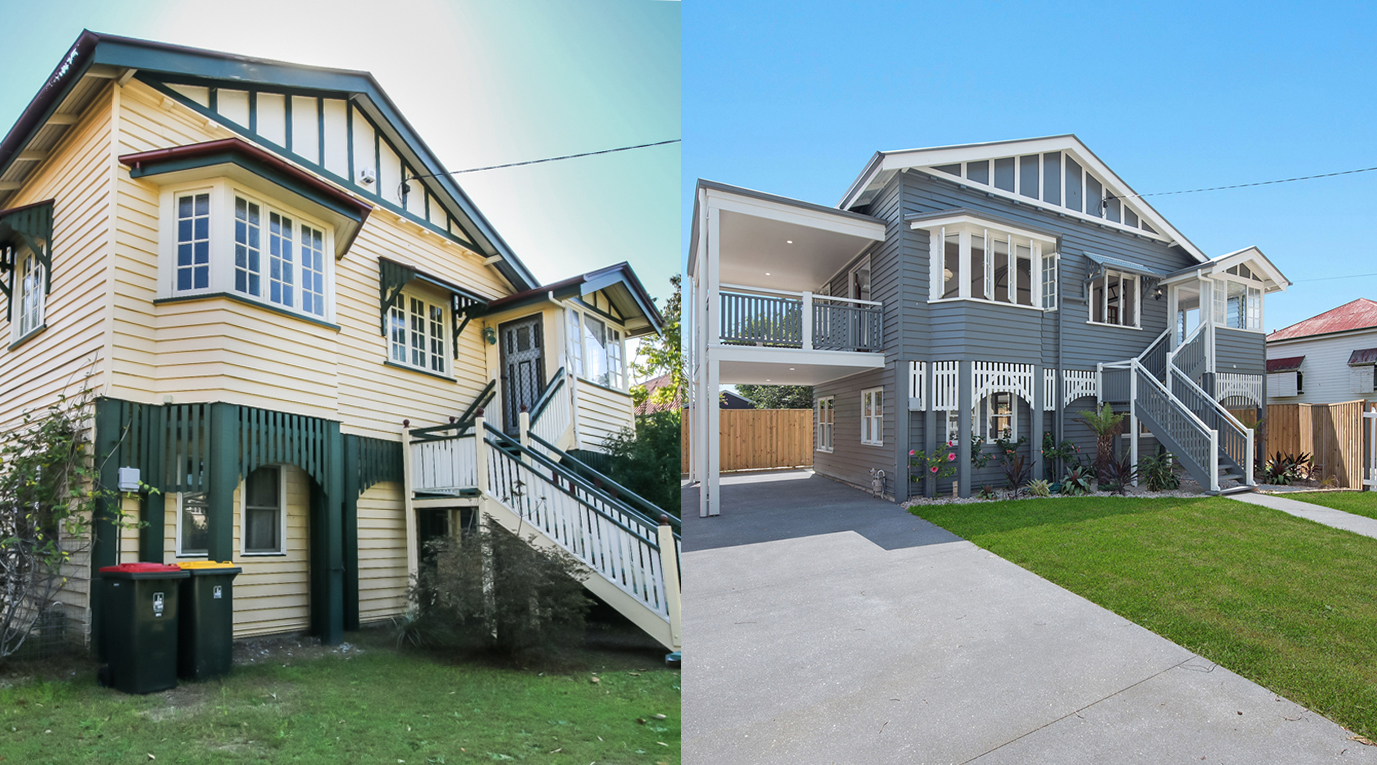
Many owners assume that investing a large amount of time, effort, and money improves their property value. However, the work completed on a property to increase the value does not always fall in line with the amount spent.
What is flipping?
Flipping houses is not a new concept. It’s been done well before shows like The Block were aired. Flipping houses means buying properties, renovating, and selling them quickly for a profit. As easy as this sounds, the journey can be tricky for those who are new to it (it’s also not as glamorous as we see on TV).
What you should take into consideration is your motivation for renovating. Is it personal or is it related to the timeframe you intend to own it? Work depreciates in value over time while the land value will (generally) appreciate over time. Depending on how long you keep your property, you’re more likely to regain the full cost of the improvement. If the property is sold soon after completion, the possibility of gaining the full financial cost in return is low.
Often, it’s the owner’s choice to make lifestyle or style improvements rather than focusing on the bigger picture which is increasing the property’s value.
Some tips for those wanting to start ‘Flipping’
It’s easy to over-capitalize on a project. Property flippers should invest time in improving the value of the house rather than comfort when trying to capitalize. When homeowners forget this, they could be faced with unexpected small returns.
Take into account that markets constantly change. From politics to bad weather, a local grocery store opening up or a library closing down, anything can affect the market and the value of your property.
Lastly, do your research. Seek advice from knowledgeable real estate agents, your accountant, builders or even other house flippers.

